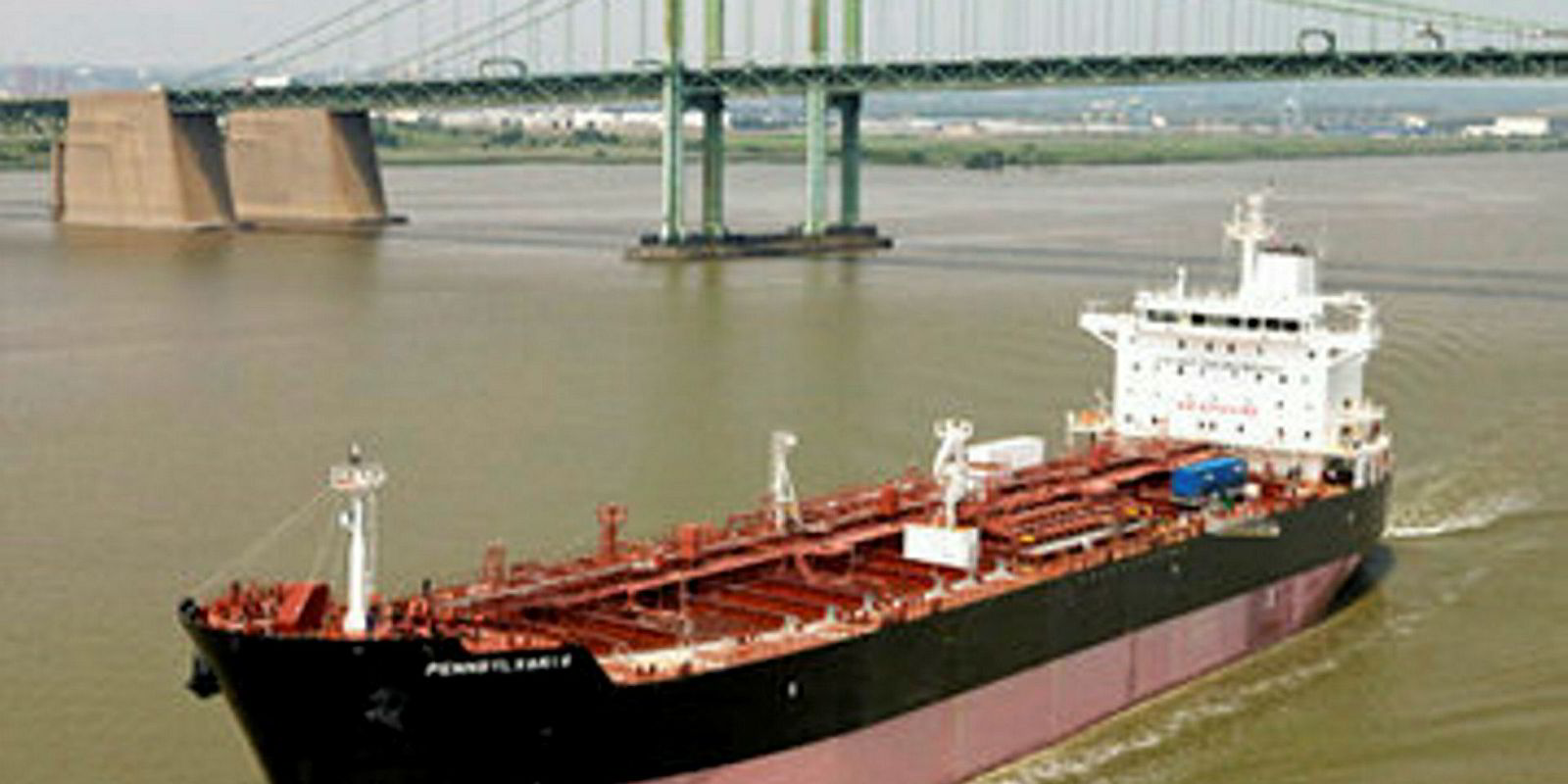The US maritime's Jones Act of 1920 compromises the safety of US ships as an "unintended consequence", according to an economics professor at North Carolina State University.
Thomas Grennes, emeritus professor of economics, made his case in a five-page thesis published by George Mason University's Mercatus Center focused on market research.
Grennes, having penned several papers critical of the act, opened his argument by pointing to the 2015 sinking of Jones Act-eligible cargo ship El Faro at the hands of Hurricane Joaquin.
"El Faro was 31 years older than the average foreign-flag ship of its type, raising the question as to whether the old age might have contributed to the sinking," he wrote.
The 5,330-lane metre El Faro (built 1975) was owned by Tote Maritime.
The incident, which he called "one of the greatest maritime disasters in modern American history", caused the loss of 33 seafarers sailing from Jacksonville to Puerto Rico.
Grennes argued in "Sacrificing Safety is an Unintended Consequence of the Jones Act", American shippers delay vessel upgrades because US shipyards are more costly than foreign ones.
Also, the Smoot-Hawley tariff of 1933 still places a 50% tax on using foreign yards, he wrote.
"According to recent estimates, American-built oceangoing ships cost five times as much as their foreign counterparts," he wrote.
"It's undeniable that the Jones Act contributes to the aging of the US-flag fleet."
He pointed to a Southampton Solent University study that concluded that "most ship accidents can be linked with older vessels"as a lost ship's average age is at least 20 years.
He further argued that the higher costs have forced cargo onto rails and roads, causing traffic congestion and other safety issues.
Robert Curt, a former shipping executive with ExxonMobil, supports Grennes' perspective, agreed.
"Transporting oil by rail is not good," the US Merchant Marine Academy graduate told TradeWinds.
He wrote a column on the El Faro incident that appeared in TradeWinds in June 2017.
Time for reform
Grennes says the Jones Act's "most commercially restrictive provisions" must be reformed, including the need to sail US-owned, US built vessels for intra-US shipping to discourage use of older ships.
A more moderate reform would be to remove the build requirement for ships on routes to Hawaii, Alaska and Puerto Rico or banning the US-owned island from the act altogether, he wrote.
"It would revitalise the Jones Act seagoing fleet with modern tonnage."
Grennes' paper 'ignores the facts'
The US-based American Maritime Partnership (AMP) in April published a position paper countering Grennes' analysis, saying it "was wrong on virtually every count".
The AMP argued that studies by the US Coast Guard and National Traffic Safety Board did not connect the El Faro's sinking to the Jones Act.
The organisation also said Grennes gave faulty comparisons of the ages of the US fleet and the world fleet, and that both averaged about 21 years old.
"Despite Thomas Grennes’ protestations to the contrary, investigators who spent over a year studying the tragic El Faro sinking did not identify the Jones Act as a contributing factor," the AMP told TradeWinds Monday in a statement.
"In fact, vessels comprising the Jones Act fleet are on both the Paris and Tokyo Memorandum of Understanding on Port State Control 'white list' of the safest fleets in the world."





